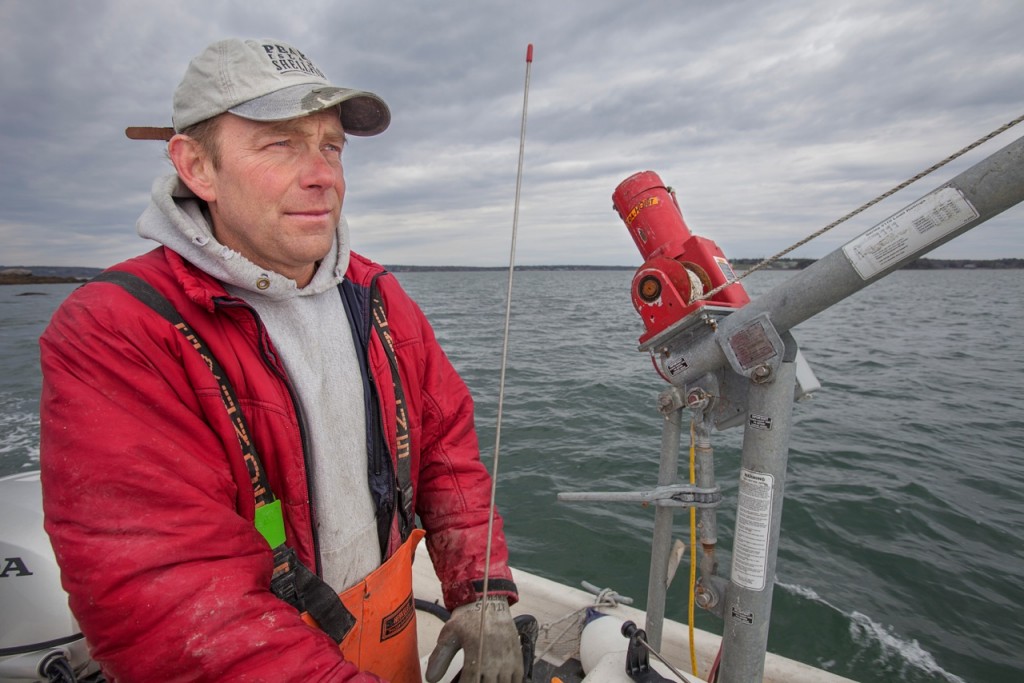 Developing a Citizen Science Observation System on the East Coast
Developing a Citizen Science Observation System on the East Coast
All along our coasts, citizen groups volunteer hundreds of hours collecting information about the ocean. What if we could find a way to use those hours to enhance our understanding of ocean acidification (OA) on the East Coast? Global Ocean Health (GOH) is working now with Dr. Mark Green, oyster farmer and professor of oceanography at Saint Joseph’s College of Maine, to explore that possibility. Green explains, “Every single town on the coast has shellfish committees, friends of this bay or friends of that bay, and it would be nice if these communities could play a role in the broad observation efforts.”
GOH has secured funding to help Green define the bounds of what citizen science can and cannot tell us. Green, along with collaborator Joe Salisbury at the University of New Hampshire, is determining the pH of samples in his lab using high-resolution techniques, and comparing those results to data obtained by volunteers using commercially available pH probes on the same samples, essentially putting error bars on the volunteer measurements. “GOH understands the importance of this question,” says Green. “They keep the debate alive and make sure that we are not ignoring options that may prove valuable.”
Green explains the potential place for citizen science in an observation network, saying “Citizen scientists will never have the analytical capability to measure the small changes in pH that define ocean acidification. However, in the coastal ocean, where pH can be quite variable, they might be able to resolve large pH changes.” Defining the significance of these measurements will “help determine if volunteer scientists have a viable role in coastal ocean monitoring of pH.”
Green and GOH have also worked together to raise awareness about OA in public and political spheres. Green has been studying the effects of OA on bivalves for many years, but scientific papers, he says, do not create change on their own. “It’s really difficult to have policy come out of a paper, and that’s what GOH has been so key in: pushing to help policy come out of science.” And as far as outreach goes, “the general population is much better versed and more aware of OA now than they would be without GOH’s work, no doubt at all about that,” says Green.
Green calls GOH “the ultimate liaison between the scientific community and everybody else.” Through GOH, Green has participated in workshops and Senate and House meetings. Green is quoted by the media frequently, just recently speaking with reporters in North Africa and Europe, and he has a hunch that GOH has something to do with that. “A whole suite of scientists are quoted because of GOH’s work,” he says.
Hopefully, the media will soon be knocking on Green’s door and asking about the use of citizen science in monitoring programs as well. Green and GOH see the value of a strong network of engaged citizens, and through continued partnership expect to verify this method and extend its use.
